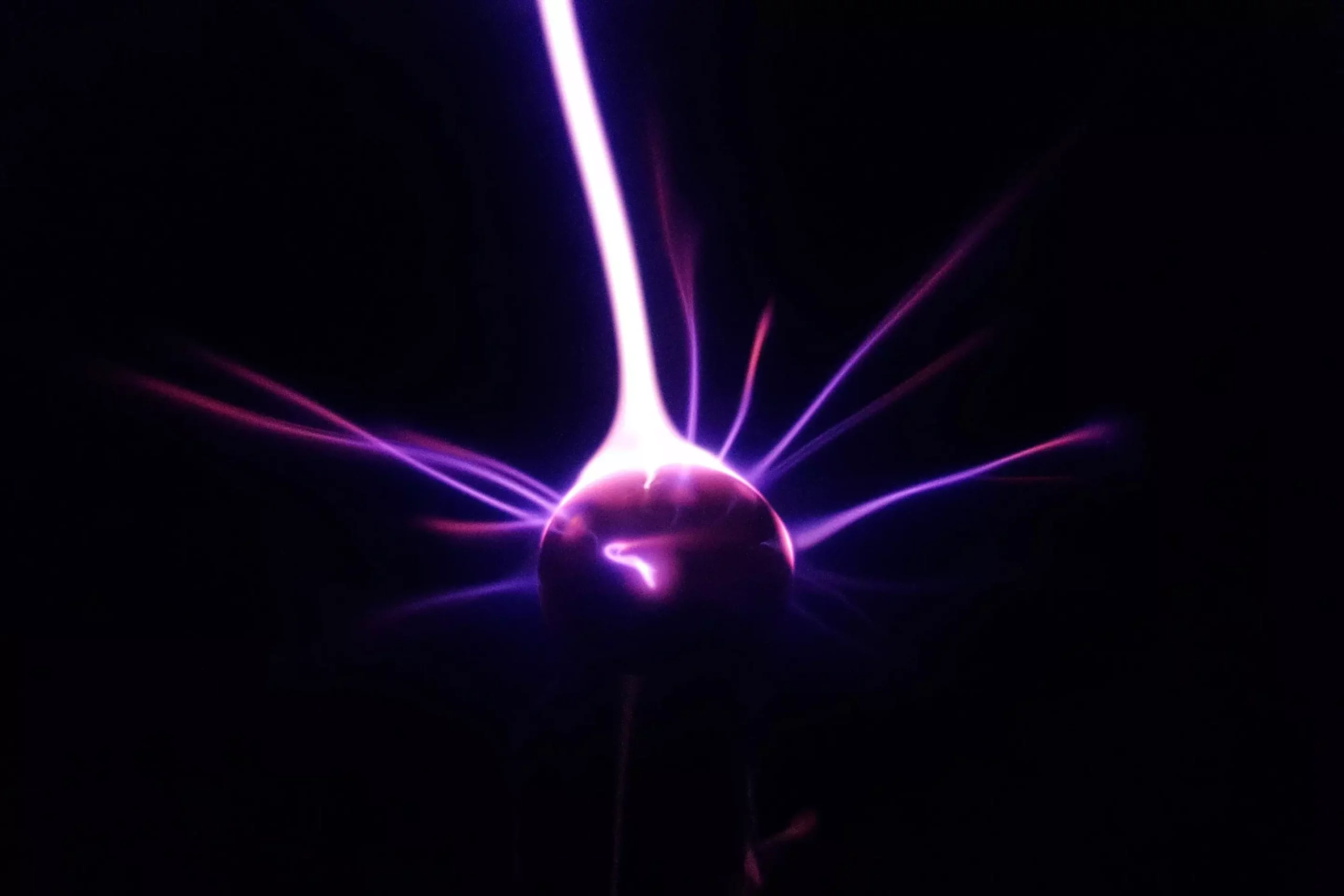The world of science has long been fascinated by the mysterious forces that govern our universe, particularly the enigmatic relationship between gravity and quantum mechanics. Despite centuries of research and countless experiments, this relationship has remained elusive, with many of the greatest scientific minds, including Isaac Newton and Albert Einstein, unable to fully comprehend its complexities. However, a recent breakthrough by physicists at the University of Southampton may have brought us one step closer to unraveling this cosmic puzzle.
In a groundbreaking experiment published in Science Advances, researchers at the University of Southampton, in collaboration with scientists across Europe, successfully detected a weak gravitational pull on a microscopic particle using an innovative new technique. By levitating tiny magnets to measure gravity on particles approaching the quantum realm, the team of physicists managed to achieve the smallest mass ever recorded while studying gravitational signals.
Lead author Tim Fuchs of the University of Southampton believes that this discovery could have far-reaching implications for our understanding of gravity and the quantum world. He asserts that by measuring gravitational signals at such a minute scale, scientists may finally be on the brink of uncovering the long sought-after quantum gravity theory. This groundbreaking research opens up new possibilities for exploring the mysteries of the universe, such as the origin of our cosmos, the nature of black holes, and the unification of fundamental forces.
Challenges in Understanding the Quantum Realm
Despite this significant breakthrough, the quantum realm remains a realm of scientific uncertainty and intrigue. The interaction of particles and forces at the microscopic level continues to defy traditional scientific understanding, presenting a myriad of challenges for researchers. The collaboration between academics from the University of Southampton, Leiden University in the Netherlands, and the Institute for Photonics and Nanotechnologies in Italy exemplifies the global effort to push the boundaries of scientific knowledge and exploration.
The Path Forward in Quantum Gravity Research
Professor of Physics Hendrik Ulbricht, also at the University of Southampton, noted that the new technique developed by the research team could revolutionize the study of quantum gravity. By utilizing superconducting devices, sensitive detectors, and advanced vibration isolation methods, the researchers were able to measure gravitational signals at an unprecedented level of precision. This breakthrough paves the way for future experiments involving even smaller objects and forces, providing new avenues for discovery in the fields of gravity and quantum mechanics.
The quest for understanding quantum gravity remains a profound and complex endeavor that has captivated the minds of scientists for generations. With each new breakthrough and discovery, we inch closer to unraveling the mysteries of the universe and unlocking the secrets of the quantum world. The research conducted by the physicists at the University of Southampton represents a significant step forward in this ongoing journey towards a more comprehensive understanding of the forces that shape our reality.


Leave a Reply